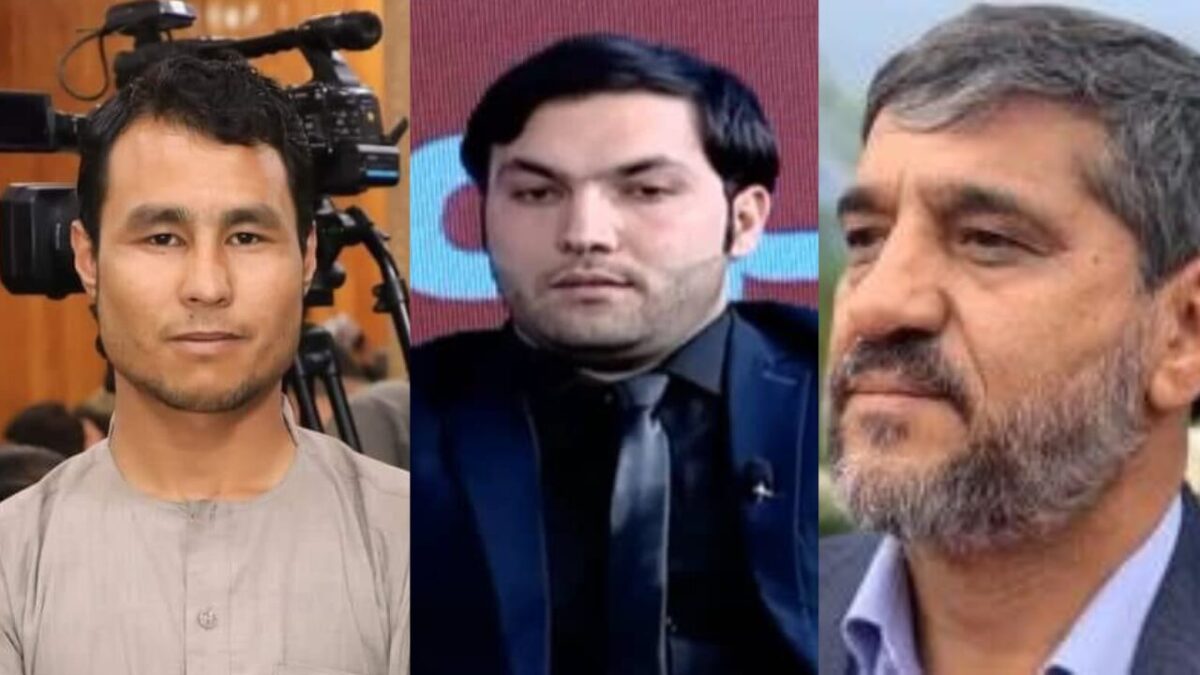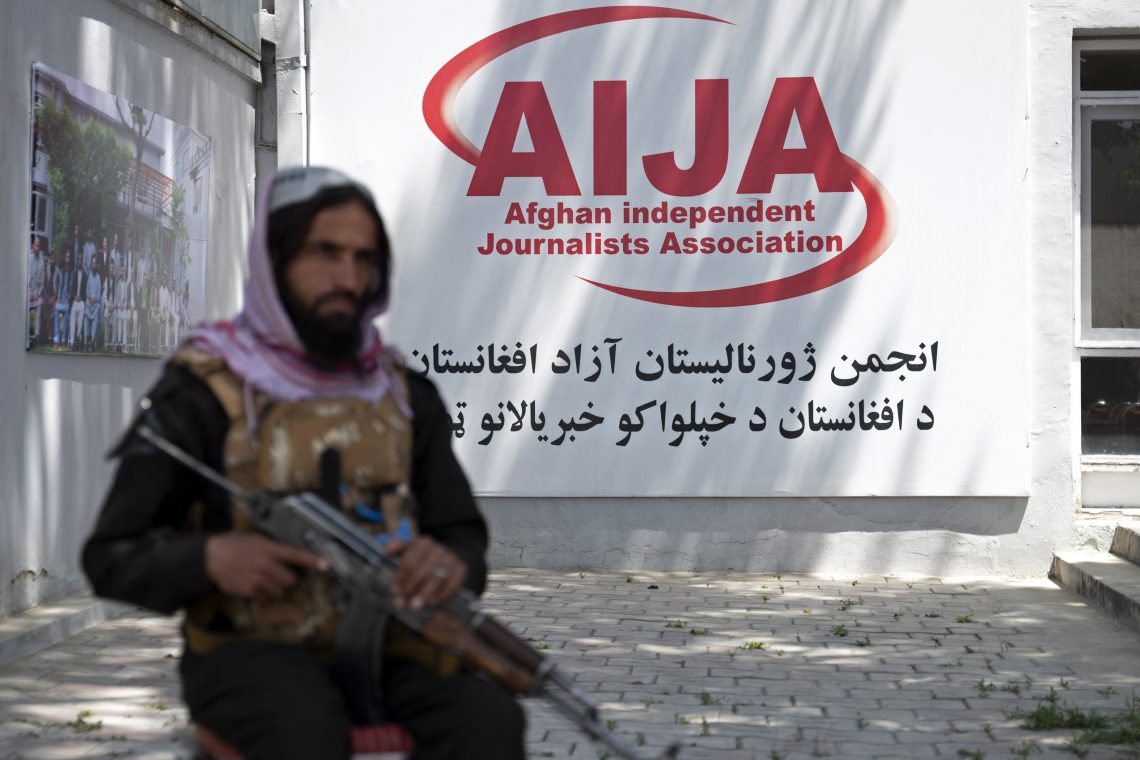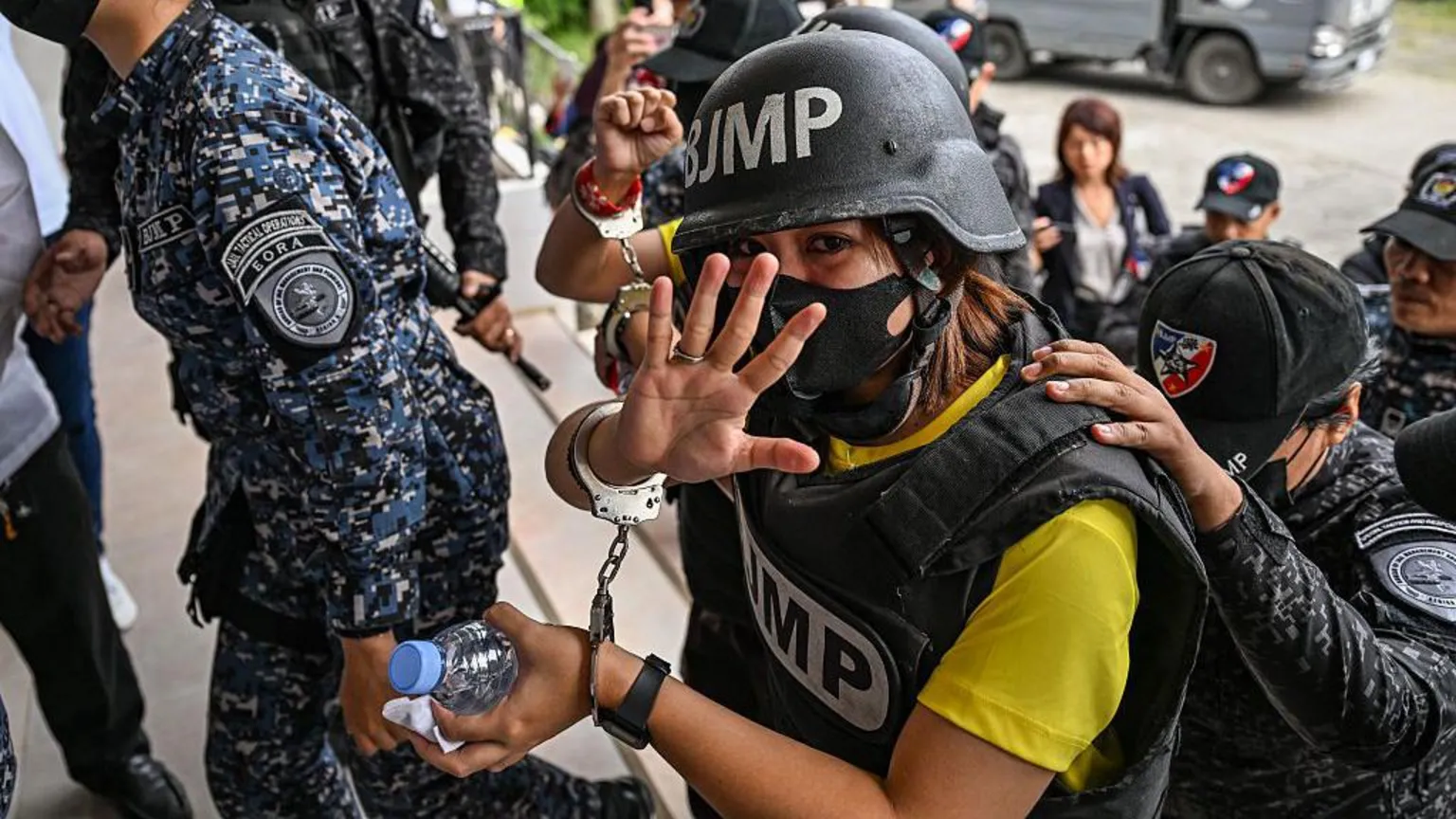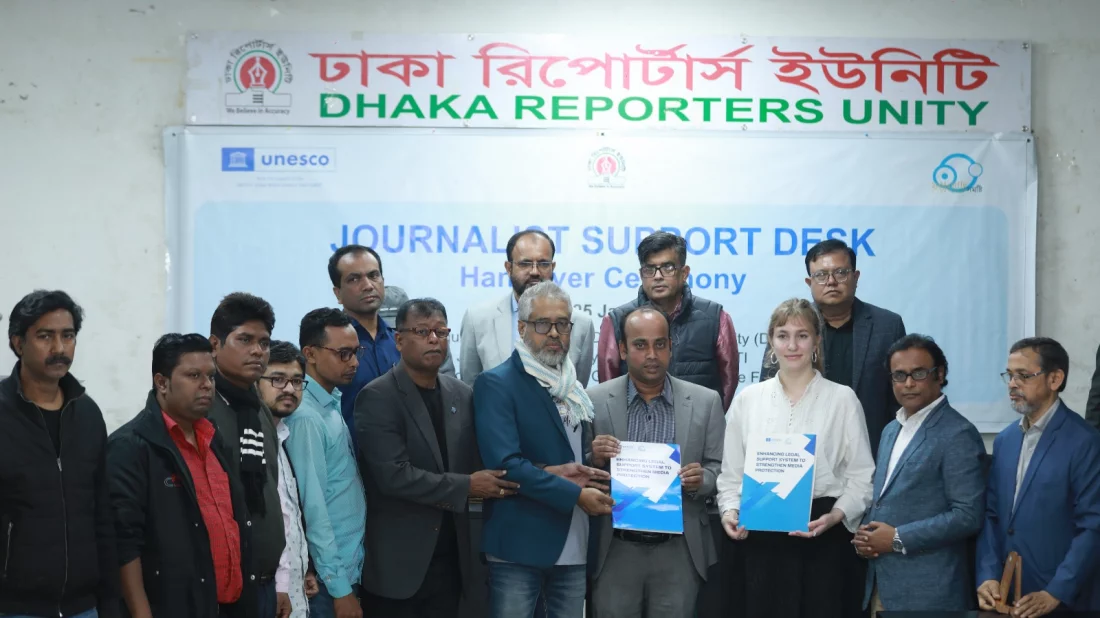
Five Palestinian Journalists Killed in Israeli Airstrike Near Gaza Hospital
December 26, 2024
Italian Journalist Cecilia Sala’s Ordeal in Iran Highlights Press Freedom Crisis
December 27, 2024December 26, 2024 – Afghanistan –
According to the Afghanistan Journalists Center (AFJC), 2024 marked a steep rise in restrictions on press freedom in Taliban-controlled Afghanistan. There were 181 documented violations against journalists and media outlets—an 8% increase from 2023—comprising 131 threats, the detention of 50 journalists, and the forced closure of 18 media organizations.
Detentions were frequent, with 50 journalists arrested, and at least five sentenced to two to five-year terms. Among the closed media outlets, only a handful—four—have been permitted to resume operations, leaving the majority permanently shuttered.
New policies introduced by the Taliban’s virtue-and-vice ministry and intelligence services further erode media freedoms. These include restrictions on live political broadcasts, prohibitions on critical reporting, bans on images of living beings, and requirements to use state-sanctioned language, such as referring to fallen fighters as “martyrs”. Female journalists experienced intensified marginalization: women were barred from broadcasting, stripped of roles in radio and TV, and required to follow strict dress and travel norms.
However, the crackdown has not yet resulted in widespread violence against journalists: compared to prior years when at least one was killed, 2024 saw no journalist assassinations, though injuries and other forms of harassment continued. Nonetheless, the sheer number of detentions—exceeding 250 cases documented by the UN since 2021 —paints a grim picture of mounting repression.
The regime’s directives, serving both ideological and political aims, have severely narrowed the space for independent journalism. With broadcast and publication freedoms curtailed, Afghan citizens and women in particular are increasingly isolated from independent information and deterring civic participation.
Media advocates are urging the Taliban to reverse these repressive measures, reopen shuttered outlets, release detained journalists, and repeal oppressive laws. Without such changes, Afghanistan risks becoming one of the world’s most restricted environments for media freedom.
Reference –




